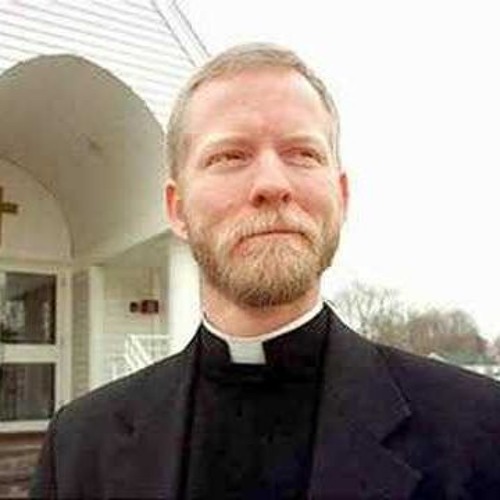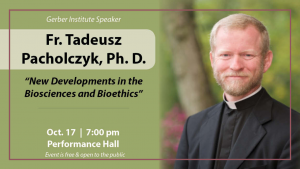

Methotrexate is sometimes used to address the problem of a fallopian tube ectopic pregnancy. Is it morally acceptable to use the drug Methotrexate to end an ectopic pregnancy? I'm pleased to share his very helpful explanation.Īn ectopic pregnancy is one in which the fertilized ovum implants in the fallopian tube or in some other location that poses a danger to the life of both the mother and child.

Tad Pacholczyk, director of education at the National Catholic Bioethics Center. The result is internal bleeding and potential infection.īut is it true that Catholic theology allows no recourse to end the pregnancy, even when the embryo cannot live and the mother's life is in danger? For an answer to that question, I sought the expertise of Fr. Instead, it implants somewhere else, most likely the tube itself, where there is no room for the embryo to develop and where the growing embryo may cause the tube to burst. For some reason-possibly a recurrent infection and resultant blockage of the fallopian tube-the fertilized ovum fails to travel its expected course through the fallopian tube to implant safely in the uterus.

Fr Tad and his writing can be found through the National Catholic Bioethics Center’s (NCBC) website ).First, I agree that an ectopic pregnancy is a dangerous, even life-threatening complication. in Neuroscience from Yale University, where he focused on cloning genes for neurotransmitter transporters which are expressed in the brain. As an undergraduate he earned degrees in philosophy, biochemistry, molecular cell biology, and chemistry, and did laboratory research on hormonal regulation of the immune response. Tad is a priest of the diocese of Fall River, Massachusetts. Tadeusz Pacholczyk, Ph.D., Director of Education, NCBCįr. It must also respect the right of the individual to accept or decline help for the sake of spiritual integrity. The bio-psycho-social (or holistic) perspective we practice and preach must include respect for the human dignity and well-being of any and all who are touched by addiction.
#FR TAD PACHOLCZYK PROFESSIONAL#
Every domain of professional care from intervention to transitional therapeutic living requires attention with informed expertise. Medically safe detoxification, the safety & well-being of minor dependent children and even public safety are at the front of the gallery of considerations. While our increasing knowledge illuminates the professional treatment community and its patients with their families, the challenge remains to be fully human and humane, respecting the choices of persons compromised by addiction.Ī bioethics of intervention brings unique ethical matters into the whole care continuum process. Genetic predisposition, gradual decay of healthy neurotransmission in the human brain and a host of other physiopathologies can become the “excuse” to continue using, or enabling addictive use. With the bioethical considerations of addiction, a contrasting set of ethical dilemma appears. That personal choice cannot be made, as the quoted recovering persons who are among millions or billions know, alone or in a vacuum of self-direction and self-will.

I therefore do not have any choice but to continue on this path…” (paraphrase)įather Ted also quotes addicts whose recovery was initiated by intervention after their capacities to choose had diminished – in the sense that is often referred to as “progressive disease” and that a key to recovery becomes personal choice. Where the essence of stigmatization forms, it is in judgement and condemnation for the individual’s perceived rejection of grace and abundance in health and fulfillment. It is encouraging to hear from the pastoral realm of human service and care about the spiritually dynamic aspects of addiction and (implicitly) recovery. Because we are creatures of habit, the choices we make, either for good or for evil, form us in one direction or the other, so we become individuals who are either capable or incapable of choosing the good freely.” (article) “,radical loss of freedom lies at the heart of the tragedy of addiction. His message demonstrates what I have come to see as the core of misunderstanding and stigmatization that we face as individuals, families and a community. Father Tad, as he is known, writes from a Roman Catholic, spiritual perspective. In a recently published article entitled At the Heart of the Tragedy of Addiction, Bioethicist Tadeusz Pacholcyzk* offers two valuable observations on the nature and scope of addiction’s tragic impact on individuals and families.


 0 kommentar(er)
0 kommentar(er)
